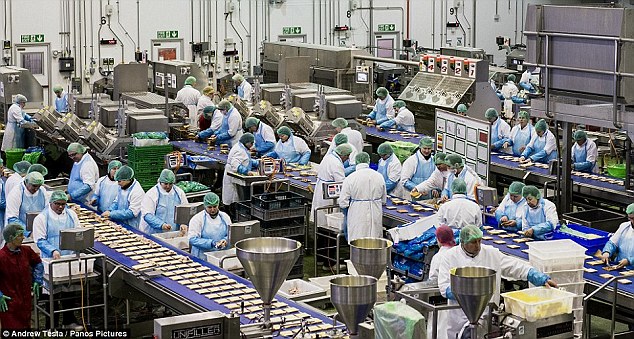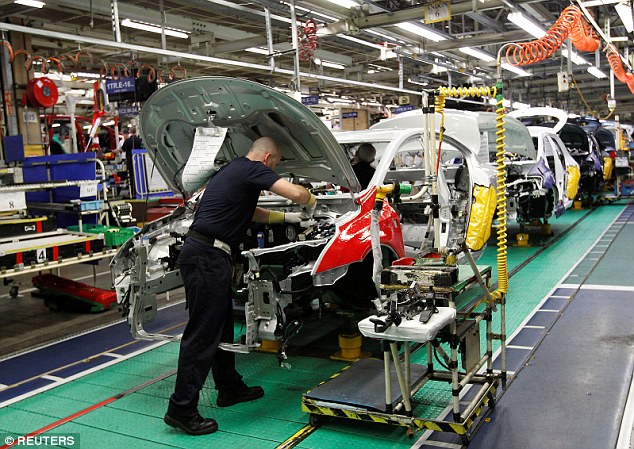
Britain should use new technology to move to a four-day working week while keeping wages stable, the TUC union has said.
Frances O’Grady, the union’s general secretary, says companies will make more money from machines so should allow employees an extra day off each week.
She said the change should be brought in over the next 80 years after a survey found four out of five wanted to cut their working hours without loss of pay.
She will tell the TUC Congress in Manchester today: ‘In the 19th century, unions campaigned for an eight-hour day. In the 20th century, we won the right to a two-day weekend and paid holidays.
‘So, for the 21st century, let’s lift our ambition again. I believe that in this century we can win a four-day working week, with decent pay for everyone.
‘It’s time to share the wealth from new technology. Not allow those at the top to grab it for themselves.
‘We need strong unions with the right to go into every workplace – starting with Amazon’s warehouses here in the UK.’
But her comments come at a time when many fear technology will reduce the number of jobs, making thousands unemployed, rather than boost living standards.
Experts fear we could soon see a ‘big bang moment’ when a series of industries such as retail, transportation and manufacturing, automate much of their work.

Research by the TUC showed that most workers expect managers and shareholders will reap the benefits of new technology.
The TUC says moves should be made to cut the working week to four days over the course of this century.
Employers were accused of making staff work unpredictable or unsocial hours because of an ‘always on’ culture.
Frances O’Grady said too many firms were using technology to treat workers unfairly.
‘Bosses and shareholders must not be allowed to hoover up all the gains from new tech for themselves.
‘Working people deserve their fair share – and that means using the gains from new tech to raise pay and allow more time with their families,’ she said.
‘If productivity gains from new technology are even half as good as promised then the country can afford to make working lives better.’


